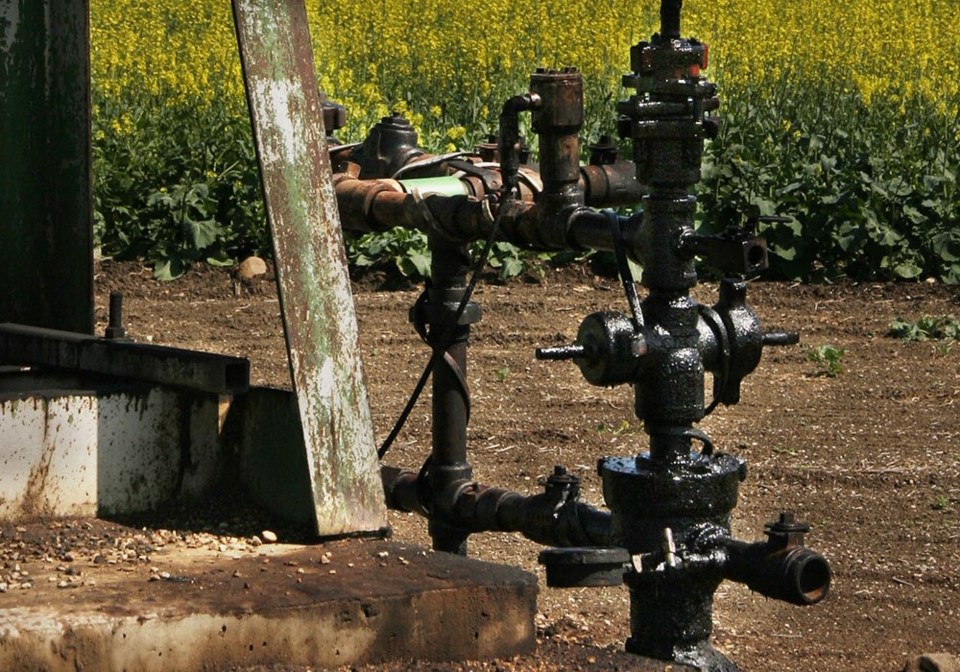WESTERN PRODUCER — The relationship between canola and crude oil prices is getting stronger, says an analyst.
The two commodities have been closely linked for the past six to eight months, climbing steadily higher due to a shortage of both.
Canola is tightly linked to vegetable oil prices due to the crop’s high oil content. Meanwhile, vegetable oil is increasingly hinged to crude oil prices due to soaring consumption of the commodity by the biofuel sector.
MarketsFarm analyst Bruce Burnett said canola farmers must start paying closer attention to the intertwined relationship between crops and crude.
“It’s going to be more important,” he said.
A significant and rising portion of global vegetable oil supplies are being diverted into biodiesel and renewable diesel production.
Total domestic consumption of palm oil for 2022-23 is forecast at 76.5 million tonnes, according to the United States Department of Agriculture.
An estimated 24.2 million tonnes of that are destined for industrial purposes, which is primarily biodiesel production.
So nearly one-third of the total domestic consumption of the world’s largest oilseed crop is for fuel.
“(Palm) is the big daddy in the whole thing,” said Burnett.
By comparison, the industrial use component for soy oil is forecast at 11.7 million tonnes out of total domestic demand of 61 million tonnes, or 19 percent.
For rapeseed/canola the numbers are eight million tonnes for industrial use out of 30.2 million tonnes of total domestic consumption, or 26 percent.
However, the amount of soybean and canola oil destined for fuel use is set to grow exponentially due to the explosion in North American renewable diesel production.
The U.S. Energy Information Administration is forecasting a near tripling of renewable diesel production by the end of 2023 from 2021 levels of 77,000 barrels per day.
Meanwhile, a handful of large new production facilities have been announced in Canada, with production for most starting in 2024.
Soybean and canola oil are expected to be the two primary feedstocks for all those new North American renewable diesel plants.
So, what happens to crude oil prices, and more specifically diesel prices, is going to have a profound impact on canola and soybean prices going forward, said Burnett.
“One could argue that this would decrease the volatility in vegetable oils because crude oil is the largest traded futures contract,” he said.
However, it could also be argued that oilseed crops may now be more vulnerable to some of the political whims that can influence energy markets.
It also means agriculture is going to increasingly become entangled in the food versus fuel debate that first surfaced when large volumes of U.S. corn began to be used to produce ethanol.
“If we’re going to use a lot of vegetable oils as a fuel then what are we going to fry our stuff in?” said Burnett.
Higher vegetable oil prices might not be as important as higher gas prices in developed countries but it is a major concern in developing countries where poor people rely on energy-dense vegetable oils for calories.
Burnett said vegetable oil markets are already tight as evidenced by what transpired when the war in Ukraine shut off the country’s sunflower oil exports.
“All it took was the disruption of what is usually considered a minor oilseed and it totally made the market go crazy,” he said.
The Canola Council of Canada said the answer to the food versus fuel debate is higher canola yields.
It has established a target of achieving a national average canola yield of 52 bushels per acre by 2025.
However, yields haven’t come close to that mark so far. The highest on record was 42.3 bu. per acre in 2016.




